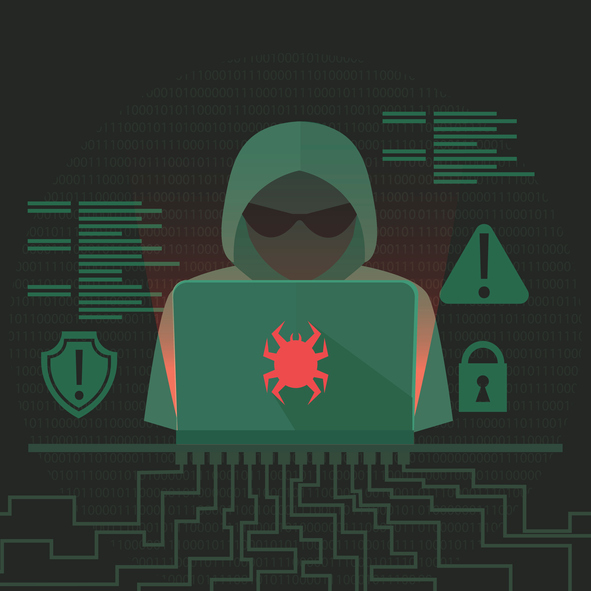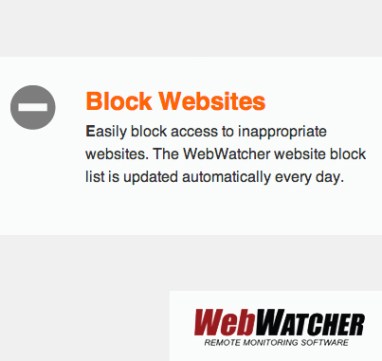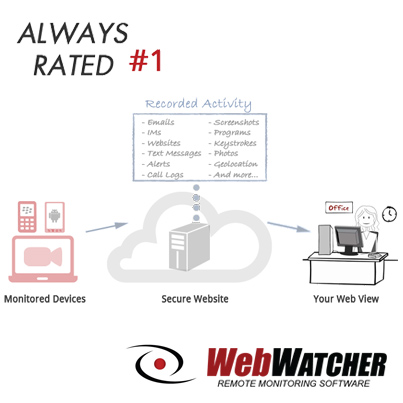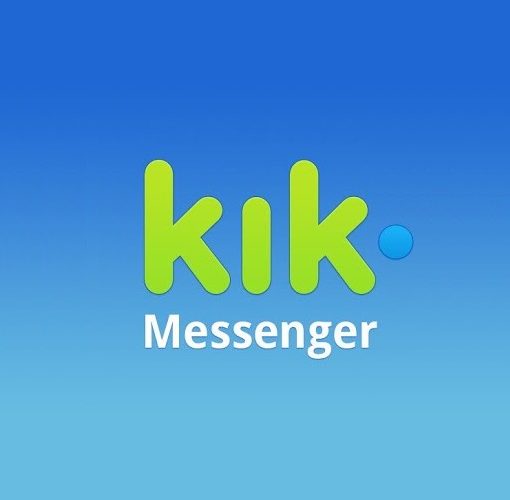You’ve probably heard the phrases “deep web” and “dark web”. But if you’re a casual internet user yourself, you may not really know what these phrases mean. For many internet users, the ability to use popular search engines, visit social media sites, use email and messaging apps, and stream videos or music is more than enough. However, if you’re a parent, it’s important that you familiarize yourself with some of the parts of the internet that lurk below the surface so that you have the knowledge you need to protect your child.
What’s the Difference Between Dark Web and Deep Web?
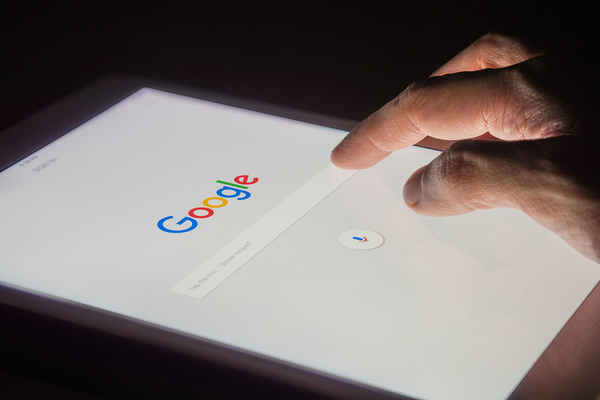
“Deep web” and “dark web” both sound mysterious, but they’re very different when it comes to safety. The phrase “deep web” simply refers to places that are not accessible by ordinary search engines like Google or Bing. For example, a college’s online library database would be an example of the deep web, as would most of the information on the legal research site LexisNexis. These are sites that you can’t enter without the proper credentials, but there’s nothing nefarious about them.
The dark web, on the other hand, refers to encrypted areas of the web that are accessible via special secure browsers, like the TOR browser. You can’t reach these areas with ordinary search engines, but anyone can access them if they know how.
Why Do People Use the Dark Web?
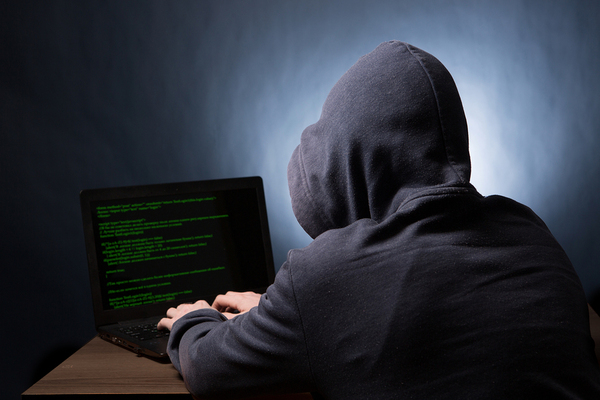
The key word when it comes to understanding why people use the dark web is the word “encrypted”. When you use TOR or other deep web tools to browse or do things on the internet, you can do so privately, without being tracked. In some cases, people simply choose to use the dark web because they dislike having their data collected by various search engines and websites.
However, this lack of tracking also means that users can engage in illegal activities without being tracked. Therefore, the dark web is used not just as a way to protect privacy, but also as a place where it’s safe to do things like buy or sell drugs, look at or solicit pornography, and communicate with criminals.
How Can I Protect My Kids?
The idea of an anonymous, mysterious, hidden section of the internet is going to be attractive to some kids, so it’s not a good idea to just hope your kids never hear about it or won’t be interested if they do. It’s better to be upfront about its existence and have an honest conversation with your children about why the dark web is dangerous and why they should stay away from it.
You should also be proactive about monitoring your child’s internet use. You need to know if they’re downloading new browsers or using anonymizers, and you may not be able to tell by checking their browser history after the fact. You may want to consider setting rules about using internet-connected devices only in common areas of the house, or you may want to install parental monitoring software that can alert you to new downloads and other activity, even if your child erases it later.
Parental monitoring software can help you manage your child’s activity and keep them safe even when you can’t be with them all of the time. To find out how it works, get our free trial.

